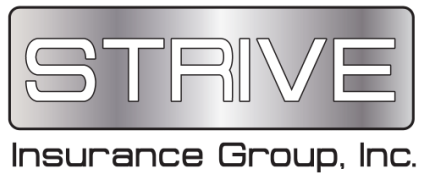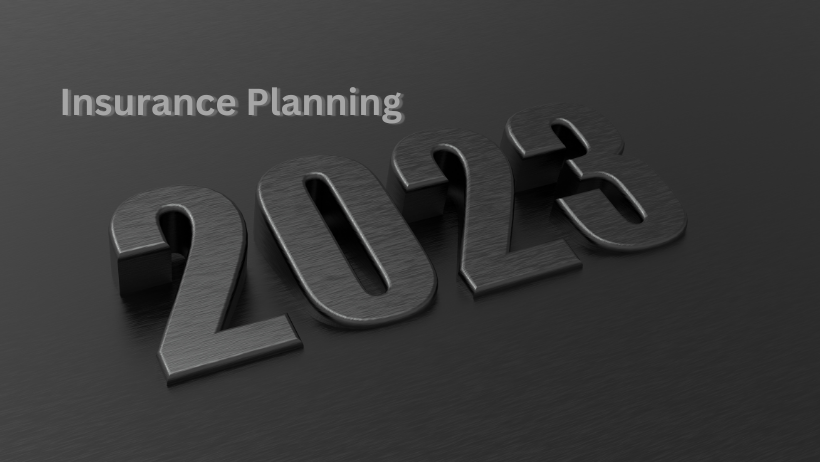|
Construction Defect is a phrase contractors do not like to hear.
Construction defect claims can be defined as damages resulting form faulty work or workmanship. Court decisions and state regulations make managing the risk of construction defects more than just prevention. Construction Defect Insurance The CGL policy underwent a major revision in 1986. The changes sought to clarify and to simplify the "property damage" exclusions. The changes were not, however, intended to change the exclusions meaning or effect. Not every policy is created equal. Make sure your contractors insurance does not have defect exclusions. “Now, an ‘occurrence’ is typically defined under a CGL as “an accident, including continuous or repeated exposure to substantially the same general harmful conditions.” In other words, a threshold coverage question is whether the Homeowners’ lawsuit alleges property damage caused by an occurrence.” Property Casualty360.com Legal battles will continue over whether construction defect claims are covered by commercial general liability policies. This will cause increases in the cost of contractors insurance. Construction Defect Risk Management
Business Insurance Trends The business insurance world is changing at a fast pace. Technology is continually evolving and businesses must change or die. New technology also brings change in claims and litigation. Often lawsuits filed today are indicators of business liability claims tomorrow. Business Insurance Business or commercial insurance coverage is available for almost every conceivable risk your business might face. The cost and amount of coverage of policies vary among insurers. Also the type of business you are in also impacts cost and coverage. You should discuss your specific business risks and the types of insurance available for your business with us. Future Business Insurance Risks Intellectual Property This is one of the fastest growing areas of litigation. The average defense cost in 2013 was over $500,000. With more information being disrupted over the internet, claims are sure to increase. Intellectual property insurance coverage protects companies for copyright, trademark or patent infringement, and claims arising out of the company's operation. Products Liability Insurance Products liability insurance covers a wide range of potential claims related to the sale and distribution of products. These include any injuries or losses due to design defects, manufacturing defects, inadequate instructions or warnings, improper packaging or labeling, breach of warranty, and other similar issues. In addition to covering the associated legal costs, it can also provide coverage for damages awarded by a court in such cases. This type of insurance is critical for businesses that produce, distribute, or sell products as it helps protect them from financial losses if they are held liable for an injury caused by their product. Healthcare Professional Liability As we move well into healthcare reform, we are seeing increased litigation focused on medical providers of all kinds. In 2012, litigation against OB/GYN doctors accounted for over $3.5 billion in claims. Many states have enhanced medical malpractice laws designed to speed up and compensate injured patients. Cyber attacks Recent news that Russian cyber thieves stole billions of passwords should create heightened awareness about the risks and need for cyber insurance. The problem, Munich Re explains, stems from the fact that “most traditional property and liability policies provide no cover for cyber risks” although there still may be a duty to defend until such time as coverage is determined. Social Media Social media is becoming popular with many businesses, and this increases the liability risks. The combination of personal use and business use combined with privacy laws increases the risk to business of being sued by employees and other third parties. There is definite increased risk of defamation, libel and slander for firms who don’t outsource the service. Directors & Officers Liability Most business owners don’t believe they can or will be sued despite statistics that show otherwise. The latest number by Chubb Insurance Company shows that about 20% of firms have been sued for directors and officers negligence. Claims can be made by shareholders, regulators, family members, customers, vendors and competitors. What is liability insurance? It is the type of insurance that provides coverage for the purchaser if he or she is sued for losses or damages to another person. However, note that payment is NOT made to the insured person but to a third party that suffers loss or injury based on the insured person’s action or inaction. Furthermore, liability insurance does NOT cover contractual negligence on the part of the insured. In other words, if you do NOT meet your contractual obligations, you cannot expect your insurer to come to your aid. Lastly, an insured is NOT covered by this policy if it is proven that damages were caused deliberately. Type Of Liability Insurance Policies 1. Business Liability Every business runs the risk of causing losses or damages to a third party. This coverage protects your business from liability claims resulting from your premises and operations, your products and services, personal or advertising injury (libel suits are covered here), medical expenses or fire damage. 2. Employer Practices Liability If your business has employees then there is the need to have this type of liability coverage to protect your business. This policy covers your business for various claims by employees (past and current). It includes claims of wrongful termination, sexual harassment, discrimination, negligent evaluation, failure to employ or promote, breach of employment contract, wrongful discipline, mismanagement of employee benefit plans, deprivation of career opportunity and infliction of emotional distress. 3. Professional Liability This is also known as E&O (Errors and Omissions) insurance. If you are a professional who may be sued for negligence, errors or omissions in the discharge of your professional duties, then you need this policy type. This will cover you if your advice leads to financial loss to your client, a client is dissatisfied with your service and decides to sue for damages and other related issues. 4. Umbrella/Excess Liability This type of policy increases the amount of liability coverage for a policy holder. It is also called personal excess coverage. People buy it to ensure that lawyers do NOT go after their personal assets when the liability coverage amounts in their home and/or auto insurance policy is inadequate for compensation in a liability suit. There are other liability insurance policy types like general liability and cyber liability. Your auto insurance policy normally comes with liability components in the form of bodily injury liability, which takes care of people injured in an accident, and property damage liability, which pays for damages to someone else’s property by your vehicle. 5. Products Liability Insurance Products Liability Insurance is a type of insurance that provides protection for businesses when their products cause property damage, bodily injury, or death to customers. It helps cover the costs associated with defending and settling claims against your business due to any losses incurred because of a product you have made, sold, or distributed. This includes damages related to design defects in manufactured goods; improper labeling or packaging; inadequate warnings; and breach of warranty. Without this coverage, businesses would be completely exposed in such cases and face devastating financial losses and significant legal fees So Why Do You Need Liability Insurance? The answer is simple: We live in a litigious world. People are very quick to claim damages for any action or inaction that they believe impacts them negatively. You are liable if a dead branch falls off your tree and hits a guest on your property. You are liable if someone is bitten by your dog. The list goes on and on. And what happens if the liability amount of your regular policy is inadequate? Any smart lawyer can easily go after your assets in order to get full compensation for his or her client. This means that you need to get the right liability coverage (an umbrella insurance policy) if you have substantial assets and want to keep them safe. It is on record that 60% of employers are sued each year by their former employees. Add the fact that communities can easily sue a company for a product, service or activity that has “affected” their lives negatively. Liability insurance is a necessary part of any insurance policy. |
Archives
June 2024
Categories
All
|




 RSS Feed
RSS Feed
3/22/2023
0 Comments